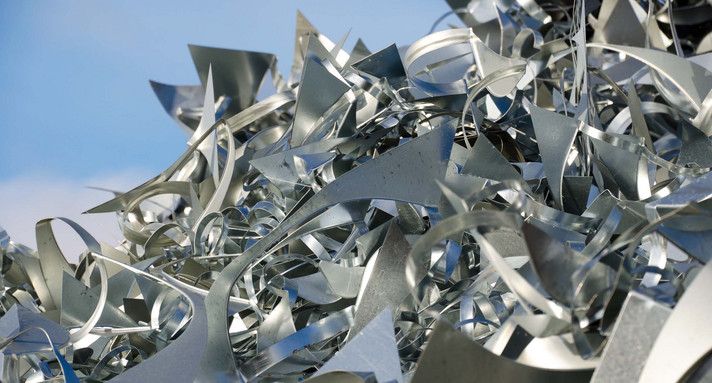Improving resource efficiency is becoming more and more important and only those who utilize the diminishing natural resources as economically and efficiently as possible can remain competitive in the medium-term. The introduction of new, environmentally friendly and resource efficient production technologies makes it possible for companies to secure a competitive advantage for themselves. Through the establishment of the state agency for environmental technology and resource efficiency (Umwelttechnik BW), the state of Baden-Württemberg has taken an important step in the promotion and support of environmental engineering.
Resource efficiency
The increase in the world‘s population and the rapid economic growth in developing countries is accompanied by an ever increasing requirement for energy and raw materials. Therefore, resource efficient and environmentally friendly technologies are required which, for example, minimise emissions and the production of waste in the production processes. With the incorporation of these measures, companies have an advantage in developing their own sustainability management processes.
In addition to the total raw material consumption, the number of elements in the periodic table which can be utilized by the industry have also increased. These include, for example, metals belonging to the rare earths group whose extraction brings with itself a significant environmental impact in spite of the small quantities recovered. At the same time, they are essential for specific applications, in particular, in the high-tech industry and for alternative energy sources (components for electric drives, wind power plants and fuel cells etc.) and they cannot be replaced by other materials.
The great commercial opportunity for companies
The use of low-emission, resource efficient technologies also presents a great commercial opportunity for the industry. Emissions and waste that are just not produced during the manufacturing process need not be separated, treated or disposed at a later stage and at great expense. Therefore, innovative, resource-saving technologies not only protect the environment, but also help companies save money in the mid-term and so, also improve their competitiveness. The previous concept of environmental technologies has changed in recent years. It is no longer just about traditional environmental technologies such as air pollution control or wastewater treatment. The spectrum has broadened: In addition to the classic downstream technologies in the production process (e.g. air filters or sewage treatment plants), GreenTech also includes integrated technologies that reduce environmental pollution directly during production.
The GreenTech sector is a significant economic factor in the country. It provides jobs for over 212,000 employees (as of 2021), who generated gross value added of around 20.4 billion euros (as of 2020).
The state government aims to establish Baden-Württemberg as a ‘model state for GreenTech’. The state is to become a leading global market and leading provider of these green technologies.
A ‘GreenTech BW Platform’ is currently being set up at the State Agency for Environmental Technology BW, which bundles and visualises the activities of the various departments and other stakeholders in the state and serves as a contact point for companies in the state and beyond.
The Baden-Württemberg state’s strategy for resource efficiency
It is for these reasons that resource efficiency plays an important role in the environmental policies of Baden-Württemberg. The State Government has developed a strategy for the state with specific objectives and measures.
The objectives of the state’s strategies are:
- Contributing to a sustainable, efficient usage of resources and thereby help to attain the ambitious climate protection goals of the state. Wherever possible, we must avoid negative impacts of resource use on people and the environment.
- The decoupling of economic growth from resource usage while maintaining and further developing the high proportion of the manufacturing sector of Baden-Württemberg and supporting the economic and technological transformation towards a resource efficient, circular, and internationally competitive economy.
- Ensuring a secure supply of raw materials to the economy through more efficient extraction of primary raw materials, strengthening the circular economy and increasing the proportion of secondary raw materials, while also considering the supply chains.
In order to achieve these objectives, the state’s strategy has proposed 42 measures. They extend from application-oriented research projects through information and support to companies and up to regulatory measures in the field of waste movement.

